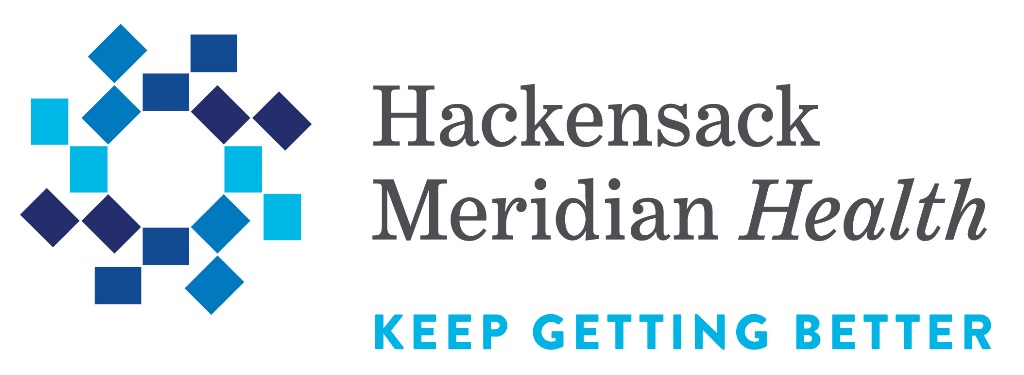
Renew your Ghin
Handicap News and Updates
Handicap or GHIN Questions?
If you have any questions or require support with your GHIN profile or handicap, please reach out.
Have a terrific season!
Irene Hunt, ireneannhunt@gmail.com
Virginia Doren, virginia_doren@yahoo.com
LPGA Amateurs Coastal NJ, Handicap Chairs
Handicap News and Updates
- Obtain Your GHIN through our LPGA Amateurs Coastal NJ Chapter
- Handicap Information and Educational Resources
- Renew Your GHIN Here
Why Get A Golf Handicap?
LPGA Amateurs are encouraged to enter all their scores, to establish a Handicap Index, which is designed to allow you to compete with golfers of all skill levels.
All member are encouraged to establish their handicap through GHIN via our LPGA Amateurs Coastal NJ Chapter.
GHIN stands for “Golf Handicap and Information Network” and is the service established by the United States Golf Association (USGA) to provide handicaps for players that belong to golf clubs affiliated with their regional golf association, NJ Golf.
Your Handicap Index is meant to give the most accurate representation of your playing potential. In order to do that, you need to post ALL your rounds — both your best and worst rounds.
We encourage all our LPGA Amateurs Coastal NJ Chapter members to focus on pace of play & use the GHIN App to record all your scores immediately.
Let the GHIN system ‘do its thing’ to provide you an updated Handicap Index. The GHIN app is very useful to enter scores (even hole by hole!) and to see changes in your game via your handicap.
A reminder about the use and value of HANDICAPS:
- By using a Handicap Index, you can compete against your own potential scoring ability instead of other golfer’s scores.
- A Handicap Index is used to determine your Course Handicap, which varies depending on the course and set of tees you play.
- The Course Handicap is the number of strokes subtracted from your gross score to give a net score.
- The Handicap Strokes are allocated on specific holes, based on their difficulty.
For those LPGA Members having a GHIN # & Tracking a HCP for the First Time
Members receiving a GHIN Number for the first time have received a confirmation email with their GHIN Number. You are able to access your account on GHIN.com or on the GHIN mobile app. First time users will be asked to create a digital GHIN profile. To create a digital profile, set up a password for your account. https://www.ghin.com/profile Log in to the GHIN Mobile App and ghin.com with your email address or GHIN Number and the password you created.
In order to establish your Handicap Index, you need to post three 18-holes scores (or six 9-hole scores).
- Your Handicap Index will be issued the morning after you reach this threshold (three 18-hole scores/six 9-hole scores).
- Your Handicap Index is meant to give the most accurate representation of your playing potential.
- In order to do that, you need to post ALL your rounds — both your best and worst rounds.
- You do not post scores from Scrambles or Best Ball tournaments, or any event where you did not play your own ball for at least 14 holes (out of 18).
For more information, check out the Rules of Handicapping
https://www.usga.org/content/usga/home-page/handicapping.html
RULE 1.3: All PLAYERS are expected to:
- Act with integrity and follow the Rules of Handicapping
- Attempt to make the best score possible
- Submit acceptable scores as assign as possible after a round
- Play by the Rules of Golf https://www.usga.org/rules-hub.html
- Review the scores of fellow players
RULE 3.1 Maximum Hole Score
- For a player without a Handicap Index, the maximum score for each hole played is limited to PAR + 5
- For a player with a Handicap Index, the maximum score for each hole played is limited to NET DOUBLE BOGEY (or Par for that hole + 2 strokes) PLUS Handicap Strokes Received.
Rule 2.1 states that a score is acceptable for handicap purposes if the round has been played:
- In an authorized format of play over at least the minimum number of holes required (14 holes must be played for an acceptable 18 hole score and 7 holes for an acceptable 9 hole score),
- In the company of at least one other person, by the Rules of Golf, and on a course with current course and slope ratings
- Choosing not to enter scores is as unacceptable as moving your ball to a better lie or not counting a penalty stroke.
- If you are playing a round of golf or a match play event and do not complete every hole in a round, there is still a required procedure for entering your score.
- If you do not hole out when playing a hole, you should enter your most likely score (Defined by USGA Rule 3.3) for that hole.
- If your match is over before you play all 18 holes, you still enter a score using net par (Defined by Rule 3.2 of USGA Rules of Handicapping.) for the un-played holes.
There are many free resources available to LPGA Amateurs golfers to explain in more detail about Handicaps, adjustments and how to utilize them. The best way is to use your GHIN app and ghin.com enhanced tools to enter your scores, hole by hole and to track your progress.
|







.jpg?sfvrsn=898d1927_1)





.jpg?sfvrsn=58a245ae_1)
